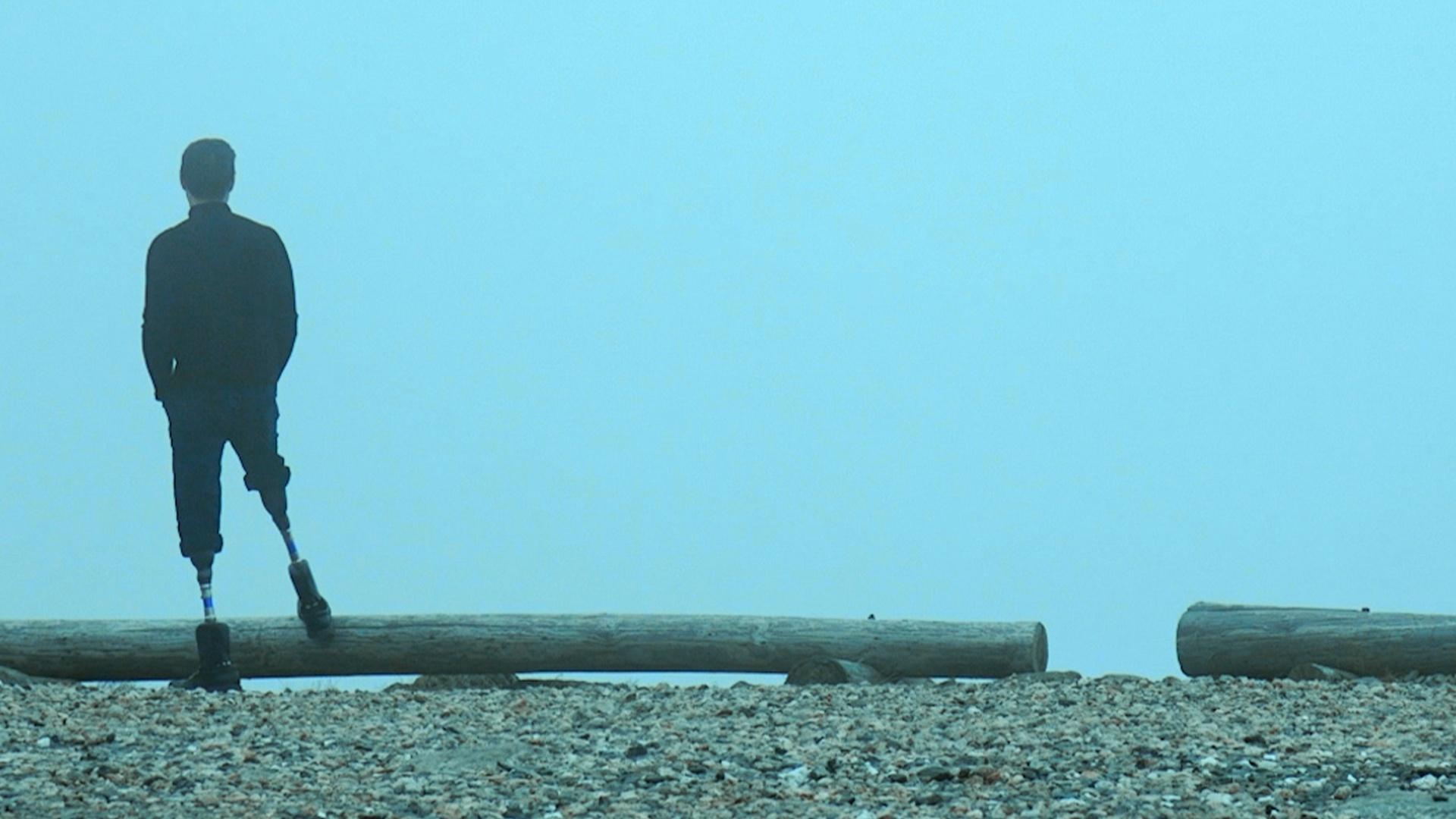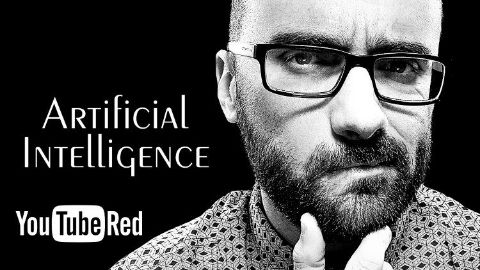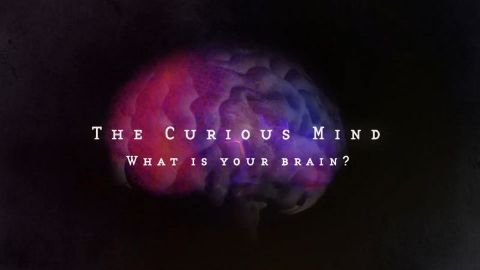David Harewood: Psychosis and Me • 2023
At the age of 23, David Harewood had a psychotic breakdown and was sectioned. Two years ago he opened up on Twitter about the experience - and now he wants to tell the full story. Travelling back to his home town of Birmingham, the actor lets viewers into the realities of experiencing a psychotic breakdown, and how much he blocked out at the time, meeting up with his mother and old friends who were with him at the time. But this isn't just his story. He also spends time with other young people living with psychosis and the NHS professionals who treat them.
Make a donation
Buy a brother a hot coffee? Or a cold beer?
Hope you're finding these documentaries fascinating and eye-opening. It's just me, working hard behind the scenes to bring you this enriching content.
Running and maintaining a website like this takes time and resources. That's why I'm reaching out to you. If you appreciate what I do and would like to support my efforts, would you consider "buying me a coffee"?
Donation addresses
BTC: bc1q8ldskxh4x9qnddhcrgcun8rtvddeldm2a07r2v
ETH: 0x5CCAAA1afc5c5D814129d99277dDb5A979672116
With your donation through , you can show your appreciation and help me keep this project going. Every contribution, no matter how small, makes a significant impact. It goes directly towards covering server costs.





